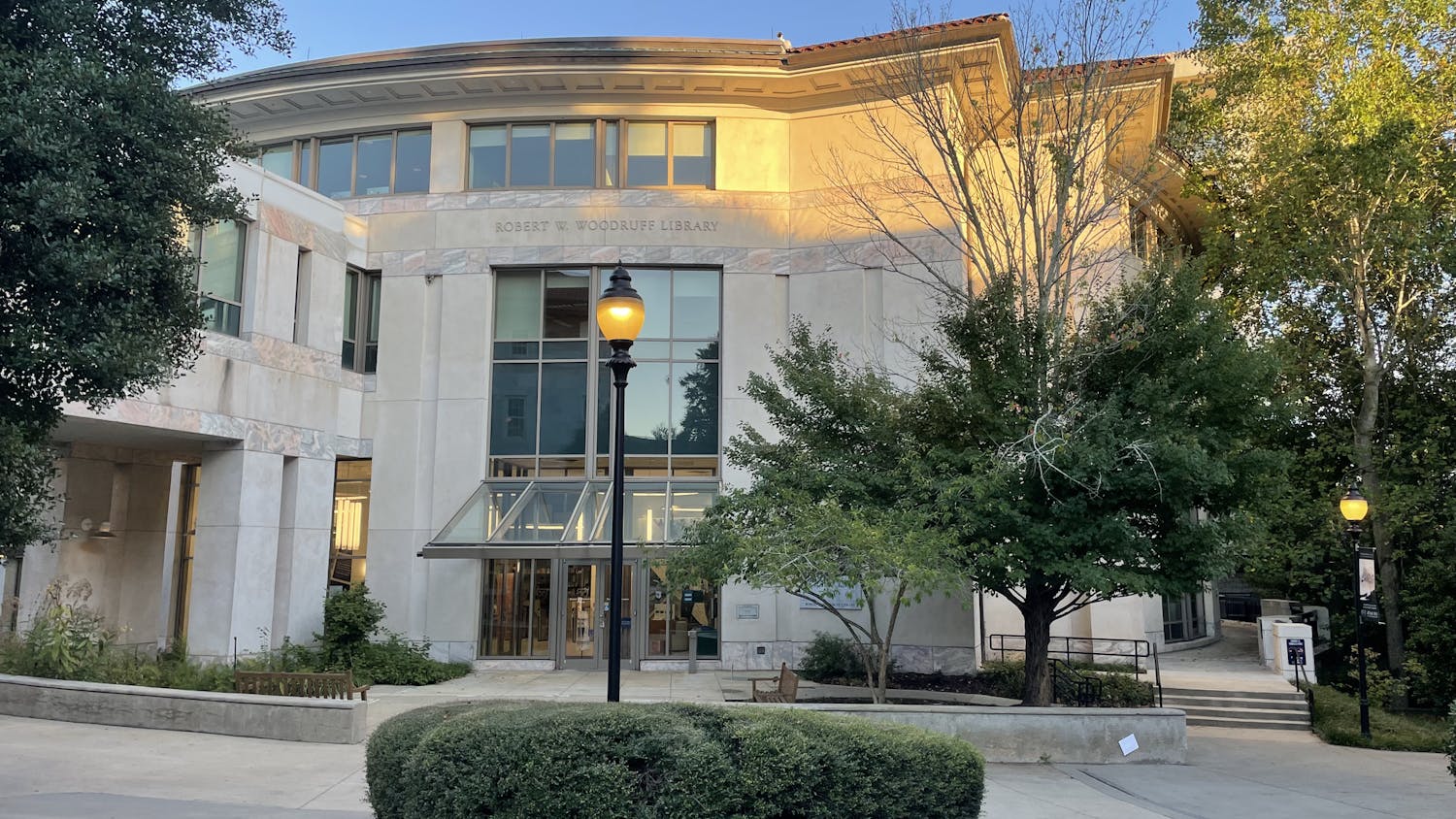The Student Government Association (SGA) recently voted to advance a bill that would increase the Student Activity Fee (SAF) from $95 to $110, a jump of 16 percent, for the next academic year. While there is certainly merit to increasing the SAF, the arbitrary apportionment of the SAF must be addressed before additional student funds are wasted.
While the bill faces multiple hurdles before officially passing, including an undergraduate-wide referendum and submission to the Emory Board of Trustees, the lack of accountability and transparency throughout the first stage of this process should not be ignored. If SGA isn’t able to pass the initiative by Nov. 25, they will not be able to enact this increase until the class of 2025 arrives at Emory, but SGA representatives should not be attempting to force an increase to our tuition with barely two weeks of consideration for the undergraduate population. Before considering an increase to tuition, SGA first and foremost must ensure equitable distribution of the SAF. Only then should the SGA allow ample time for discussion and an undergraduate referendum on the issue, not a last-minute attempt to solve budgetary shortfalls.
One of the glaring issues with the SAF currently is how it is apportioned to BBA Council. BBA Council, the governing body for all undergraduate business school clubs and activities, currently receives 34 percent from represented students’ SAF. This is far too low; College Council (CC) receives 40 percent and Nursing Council receives 68 percent. Throughout an Emory BBA’s undergraduate career, only 17 percent of their SAF will go to BBA Council, regardless of how Pre-BBAs and double majors are accounted for. In fact, the entire BBA Council receives less funding than some individual clubs chartered under CC. Goizueta’s clubs not only cater to BBA students but individuals from all backgrounds and academic trajectories. In fact, the BBA Council constitution mandates that BBA clubs must hold four events per year open to all Emory undergraduate students in order to maintain their charters. Clubs chartered under BBA Council do not just include investing and consulting clubs, but clubs like Goizueta Women in Finance, Emory Business Ethics and Emory Impact Investing Group. Each of these clubs is financed completely by BBA Council, but includes members from all undergraduate divisions without discrimination, just like every single organization chartered under BBA Council.
As a member of a BBA club who has reviewed applications for five semesters in a row, BBA clubs go out of their way to ensure equal opportunities for all students. All clubs within the BBA program serve different purposes, whether it be tackling the problems of underrepresented groups or addressing problems that professionals face every single day. However, the one ideal they all have in common is their commitment to fairness and equity, a characteristic that SGA’s budget bill does not reflect due to the inequitable distribution.
SGA expects to allocate $68,200 of the additional $120,000 it will receive from the SAF increase to CC (57 percent), compared to $4,335 to BBA Council (3.6 percent). Especially since BBA Council receives less funding per represented student than CC receives from all students enrolled in the College of Arts and Sciences, this split of the increased SAF is also inequitable. Offering disproportionate funding to CC to the detriment of BBA Council should be condemned.
Before the SGA taps the student body for additional funds, the apportionment of the SAF must be fixed. Only then should an increase be considered. Instead of sprinting to the finish line and shoving the bill through with hours to spare, SGA should use next semester to run an impartial audit of clubs chartered under all of the governing organizations. With attendance records, SGA can have accurate data in order to distribute the SAF equitably and ensure the division of the SAF is no longer arbitrary, but driven solely by facts.
BBA students should not pay more and receive next to nothing due to SGA’s arbitrary apportionment of funds, simply because the Business School has fewer students. Instead, BBA Council should simply receive the same relative apportionment of funds (40 percent of represented students’ SAF) as CC does. SGA should not discriminate based on undergraduate affiliation. Any additional funding until this is fixed is inequitable for BBA students. On Wednesday, BBAs should vote no to the increase.
Sean Klein (20B) is from Short Hills, N.J. and is the BBA Council Vice President of Alumni and Corporate Relations.









